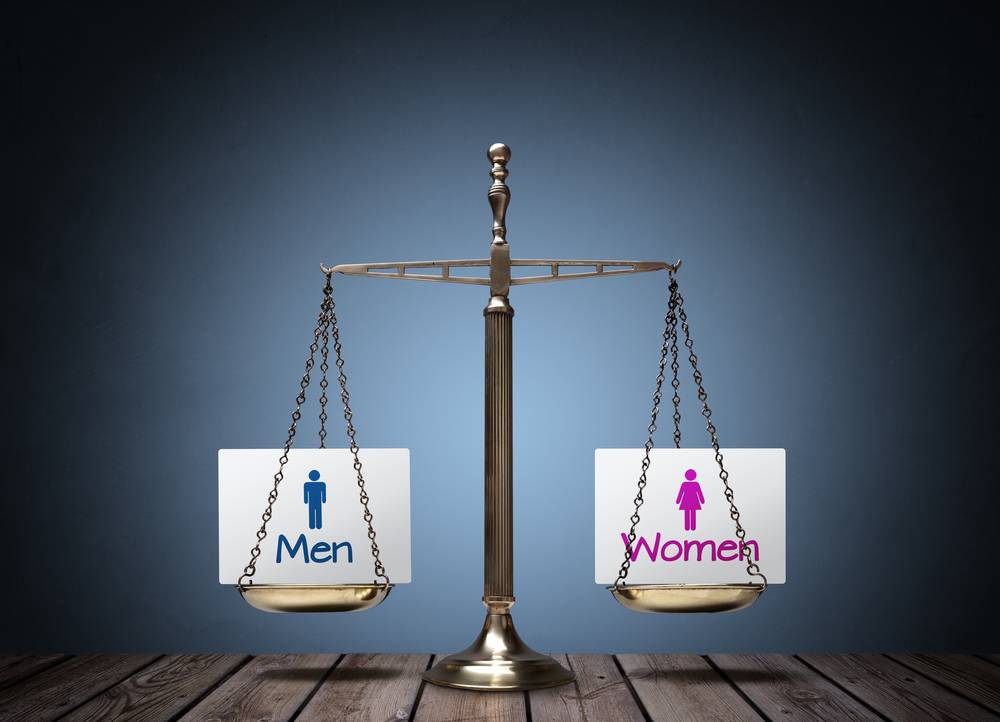When talking of the workplace the word ‘EQUALITY’ is always questionable. There is an act that specifies companies treat their employees equally. The Equal Remuneration Act is one of them. This Act promises equal pay for the employees working in an organization. It states to treat every employee equally. The Act means to treat every gender, creed, and religion equally while selecting. Paying employees equally based on their job is the agenda of the Remuneration Act. It also states to avoid discrimination against the employee when it comes to their payout.
Table of Contents
What is the Equal Remuneration Act?
The Equal Remuneration Act came into existence in 1976. There are in total 18 sections and are extended to the whole of India. It is based on the principle of ‘ EQUAL WORK, EQUAL PAY’ of Article 39(D). The provision of the act exceeds or is supreme from all other acts of law, contract or agreement according to section 3 of the act.
Passing of Remuneration Act, 1976
An Act which is passed to provide equal remuneration, i.e., equal pay to every worker leaving aside the caste, creed, gender, and religion means Equal Remuneration Act. The Act states equal pay for equal work. Uniformity is the main agenda. To avoid discrimination against the women and to pay them equally the act came into force. Apart from that, the word itself showcases or highlights the equal remuneration part. That is to pay equally.
Why was the Equal Remuneration Act made?
The main motto behind passing the Act was the welfare of the worker, of providing men and women equal pay for their job. The chief motive of the Equal Remuneration Act, 1976, is to provide for payment of remuneration to men and/or women, on a uniform basis. The Act came into force due to avoiding discrimination at the workplace against the employees. In short remuneration, is an act that safeguards the employees working conditions. Whereas in the Act remuneration means the basic wages or salary paid in the form of cash or relatively, for the work done or for the fulfillment of the contract as mentioned.

Objective of the Act?
- Provide equal remuneration to men and women workers.
- Its other objective is to prevent inequality from happening in the workplace i.e. against sex. And to give equal opportunity to all while recruitment.
- To provide an increasing opportunity to women.
- To set up an advisory committee to promote employment opportunities for women.
- Employers cannot make discriminate between men and women during the recruitment process.
- No employer is allowed to reduce the wages to comply with the provisions of the act.
- Employees of 10 members should form a committee and half of the member should be women.
- The main focus of the committee is to see whether unequal practices have been carried out in the workplace by the employer towards the employee.
- Maintaining the register for every employee right from the day of recruitment is also mandatory for an employer.
- Government shall appoint inspectors for investigation for the compliance of the provisions. This inspector has the right to enter any company or organization and ask for specific evidence from the employer.

Unacceptance of employment agreement
If there is an agreement between a woman employee and employer regarding the work conditions but the employer discriminates against the woman employee according to her gender then in such a situation the agreement is void or is considered to be nullified. Thus, it can be called as the agreement cannot be accepted. There are certain penalties if this scene takes place.
Penalties for prohibition of the Act
The employer is punishable or liable to get punished if an employer makes the recruitment, selection, and payment of wages in a discriminated way to men and women and fails to follow the order of government. The employer will then be liable to either:
- To pay the penalty fee or
- Imprisonment of 3 months up to 1 year or
- Both
In Conclusion
The Equal Remuneration Act helps
- In boosting the morale of employees.
- Equal pay and respect for equal work.
- Attracting a higher number of talents and employees despite their gender.
- As the company treats both men and women equally, the employees refer to friends and family to join that specific company.
- This in terms not only improves the goodwill of the company but also improves the responsibility of employees towards the company.
- It also helps in retention, because all the employees become competitive showcasing their talent and skills for the best.
Join the LLA telegram group for frequent updates and documents.
Download the telegram group and search ‘Labour Law Advisor’ or follow the link – t.me/JoinLLA


